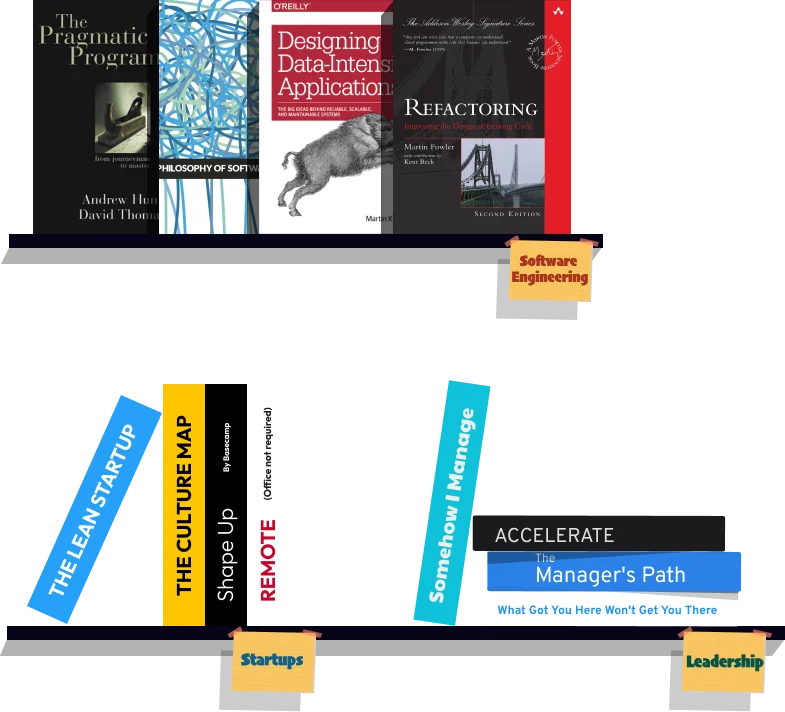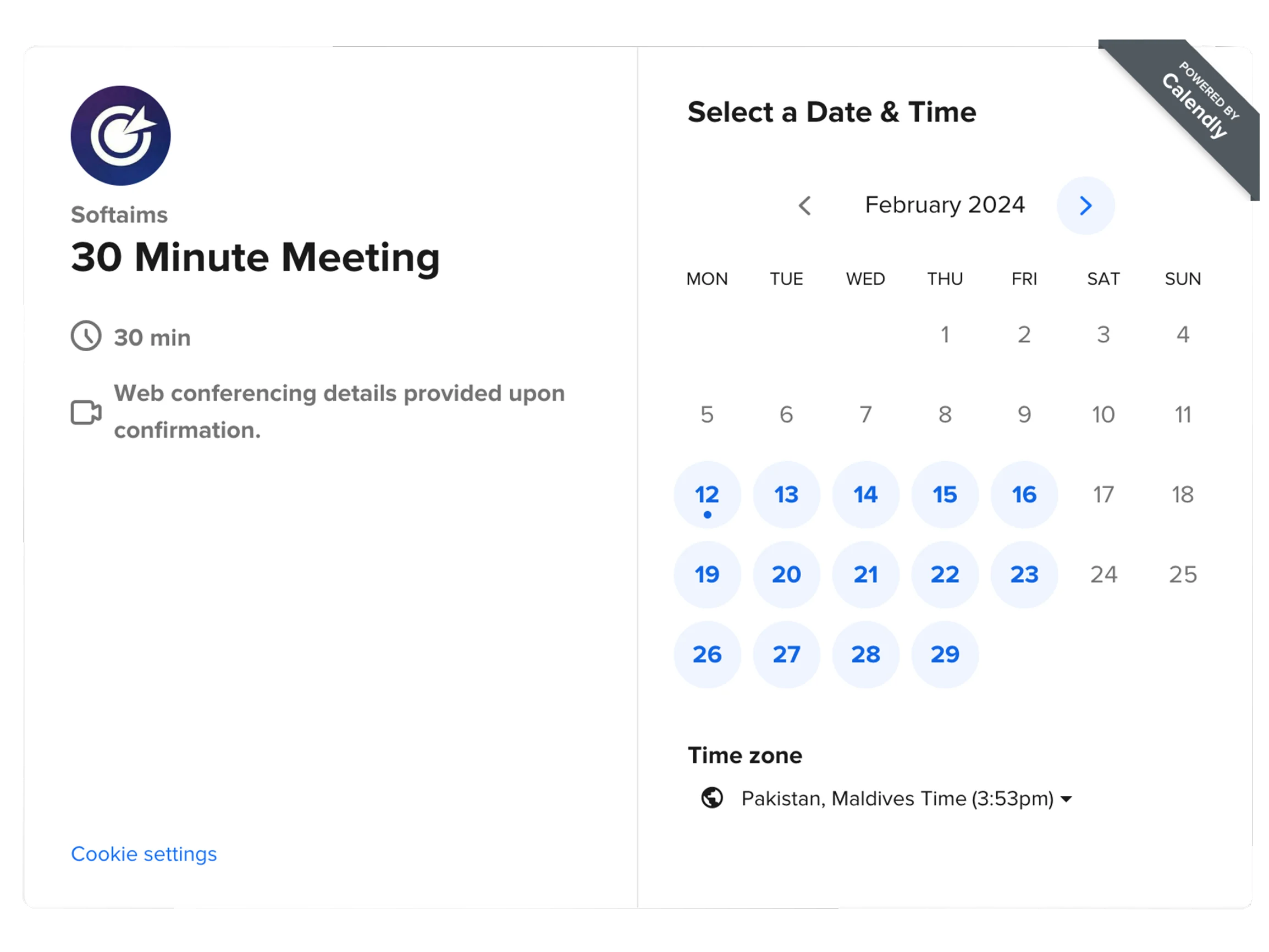The Power of Firebase as a Backend-as-a-Service
Firebase, backed by Google, is a comprehensive mobile and web application development platform. It provides a suite of tools and services that allows developers to build high-quality apps, grow their user base, and earn more money. As a Backend-as-a-Service (BaaS) solution, Firebase handles much of the backend complexity, including servers, APIs, and data storage, enabling developers to focus on creating an excellent user experience. This accelerates the development process significantly, making it a popular choice for startups and large enterprises alike.
The platform's integrated nature is one of its key strengths. Firebase offers a variety of services that work together seamlessly, such as authentication, real-time databases, cloud storage, and hosting. This unified approach simplifies the development workflow, as developers don't need to piece together and manage multiple services from different providers. The scalability of Firebase also means that applications can grow from a prototype to a production-level app with millions of users without needing to re-architect the backend infrastructure.
Essential Skills for a Firebase Developer
A proficient Firebase developer must have a strong understanding of the core Firebase services, including Firestore, Realtime Database, Firebase Authentication, and Cloud Functions. They should be able to choose the right service for the right task and understand the data modeling best practices for NoSQL databases like Firestore. A solid grasp of how to structure data for scalability and performance is crucial for building robust applications.
Beyond Firebase-specific knowledge, a skilled developer will be proficient in at least one of the primary front-end technologies that Firebase supports, such as JavaScript (for web), Swift or Objective-C (for iOS), and Kotlin or Java (for Android). Familiarity with modern front-end frameworks like React, Angular, or Vue.js for web development is also highly beneficial. Strong problem-solving skills and the ability to write clean, secure, and maintainable code are essential for any developer working with this powerful platform.
Finding and Attracting Top Firebase Talent
To find skilled Firebase developers, companies can look beyond general job boards to platforms that specialize in tech talent. Websites that connect businesses with vetted freelance and full-time developers can be an excellent source for finding candidates with proven Firebase experience. Networking within developer communities, such as on GitHub or Stack Overflow, and attending tech meetups can also help you identify passionate and knowledgeable developers.
To attract the best Firebase talent, it's important to have a compelling job description that clearly outlines the project's goals and the specific Firebase services that will be used. Highlighting the opportunity to work on an innovative project and the company's commitment to using modern technologies can make your position more appealing. Offering a competitive salary, flexible work arrangements, and opportunities for professional development are also key factors in attracting top candidates in a competitive job market.
The Interview and Vetting Process
A comprehensive interview process for a Firebase developer should assess both their technical expertise and their problem-solving abilities. The technical evaluation can begin with questions about core Firebase concepts, such as the differences between Firestore and the Realtime Database, and how to implement Firebase Authentication with various providers. Asking candidates to explain their approach to data modeling for a specific application can provide valuable insights into their thought process.
Practical coding challenges are an effective way to evaluate a developer's hands-on skills. This could involve a small project where the candidate needs to build a simple application using several Firebase services. During the interview, pay attention to their communication skills and their ability to explain complex technical concepts clearly. A candidate who is a good cultural fit and demonstrates a passion for building high-quality applications is just as valuable as one with strong technical skills.
Key Firebase Services and Features
The Firebase platform is composed of a wide range of services designed to address common development challenges. For data storage, Firebase offers two powerful NoSQL databases: Cloud Firestore and the Realtime Database, both of which allow for real-time data synchronization. Firebase Authentication provides a secure and easy-to-use system for managing user sign-up and login, with support for email/password, phone, and popular social providers like Google and Facebook.
For storing user-generated content like images and videos, Firebase provides Cloud Storage. Firebase Hosting offers fast and secure hosting for web applications. To run backend code without managing servers, developers can use Cloud Functions for Firebase. The platform also includes tools for application stability, such as Crashlytics for crash reporting, and for user engagement, like Cloud Messaging for sending push notifications.
Firebase Authentication and Security
Firebase Authentication is a robust service that simplifies the process of building secure user authentication systems. It provides easy-to-use SDKs and backend services to handle user sign-in and sign-up flows. A key feature is its support for multiple authentication methods, including email and password, phone numbers, and federated identity providers like Google, Facebook, and Twitter. This flexibility allows developers to offer a variety of login options to their users.
Security is a critical aspect of any application, and Firebase provides a powerful system of security rules for its databases and Cloud Storage. These rules allow developers to define granular access controls, ensuring that users can only read and write the data they are authorized to access. A skilled Firebase developer must be proficient in writing and testing these security rules to protect the application's data from unauthorized access and potential threats.
Realtime Database vs Firestore
Firebase offers two real-time, NoSQL cloud databases: the original Realtime Database and the newer Cloud Firestore. While both provide real-time data syncing, they have different data models and querying capabilities. The Realtime Database stores data as one large JSON tree, which can be simple for basic use cases but can become difficult to manage and scale as the data complexity grows. Its querying capabilities are also limited.
Cloud Firestore, on the other hand, stores data in documents and collections, which offers a more intuitive and scalable data model. It provides more powerful and flexible querying capabilities, allowing for complex queries with filtering and sorting. For most new applications, Cloud Firestore is the recommended choice due to its superior scalability and querying features. An experienced Firebase developer should be able to advise on which database is the best fit for a given project's needs.
Firebase for Web and Mobile Applications
Firebase is designed to be a comprehensive platform for both web and mobile application development. It provides a set of SDKs (Software Development Kits) that are tailored for different platforms, including web (JavaScript), iOS (Swift and Objective-C), and Android (Kotlin and Java). This cross-platform support allows developers to build a consistent backend infrastructure that can serve users across various devices.
For web developers, Firebase offers seamless integration with popular front-end frameworks like React, Angular, and Vue.js, making it easy to build dynamic, real-time web applications. For mobile developers, Firebase provides tools that are essential for the mobile ecosystem, such as push notifications through Cloud Messaging and crash reporting with Crashlytics. This unified platform simplifies the development of applications that need to work flawlessly on both web and mobile.
Cloud Functions for Firebase
Cloud Functions for Firebase allows developers to run backend code in response to events triggered by Firebase services and HTTPS requests, without the need to manage their own servers. This serverless architecture is a powerful way to extend the functionality of a Firebase application. For example, you could write a function that sends a welcome email to a user when they sign up, or a function that performs data processing when a new file is uploaded to Cloud Storage.
Functions are written in JavaScript or TypeScript and are executed in a managed Node.js environment. This event-driven approach is highly scalable and cost-effective, as you only pay for the compute time you consume. A skilled Firebase developer should be comfortable writing, testing, and deploying Cloud Functions to handle various backend tasks and integrations. Here is a simple example.
DevOps and Deployment with Firebase
Firebase offers a suite of tools that simplify the DevOps and deployment process for web and mobile applications. Firebase Hosting provides a fast, secure, and reliable way to deploy web applications with a single command. It offers features like free SSL certificates, custom domains, and a global CDN (Content Delivery Network) to ensure that your application is served quickly to users around the world.
The Firebase CLI (Command Line Interface) is a powerful tool that allows developers to manage their Firebase projects, deploy applications, and interact with various Firebase services from their local machine. For mobile applications, Firebase App Distribution makes it easy to distribute pre-release versions of your app to testers. These tools, combined with Firebase's scalable infrastructure, allow development teams to adopt agile and CI/CD (Continuous Integration/Continuous Delivery) practices more easily.
How Much Does It Cost to Hire a Developer
The cost of hiring a Firebase developer can vary widely based on factors like their experience level, geographic location, and whether you are hiring a freelancer or a full-time employee. Developers in regions with a high cost of living, such as North America and Western Europe, generally command higher salaries. The complexity of your project and the specific Firebase expertise required will also play a significant role in determining the cost.
Senior developers with extensive experience in building scalable applications with Firebase will be more expensive but can bring invaluable expertise and leadership to your project. Mid-level developers offer a good balance of experience and cost, while junior developers can be a more budget-friendly option if you have the capacity to provide mentorship and guidance. Below is a table with estimated average annual salaries for Firebase developers in various countries.
| Country |
Average Annual Salary (USD) |
| United States |
$115,000 |
| Canada |
$85,000 |
| United Kingdom |
$92,000 |
| Germany |
$88,000 |
| Australia |
$95,000 |
| India |
$22,000 |
| Brazil |
$25,000 |
| Poland |
$40,000 |
| Ukraine |
$35,000 |
| Israel |
$75,000 |
When to Hire Dedicated Developers Versus Freelance Developers
The decision to hire a dedicated developer versus a freelancer often depends on the scope and longevity of your project. For long-term, complex projects that require ongoing development, maintenance, and a deep understanding of your business goals, hiring a dedicated developer or team is usually the best approach. A dedicated developer becomes fully integrated into your team, contributing to the project's long-term vision and stability.
On the other hand, for smaller, well-defined projects with a clear timeline, a freelance developer can be a more flexible and cost-effective option. Freelancers are ideal for specific tasks, such as setting up Firebase Authentication, building a particular feature, or optimizing your Firestore database structure. They can provide specialized expertise on a short-term basis without the long-term commitment of a full-time hire. Platforms that connect businesses with vetted freelance talent can be a great resource for finding the right person for the job.
Why Do Companies Hire Firebase Developers
Companies hire Firebase developers primarily to accelerate their application development process and reduce time-to-market. By leveraging Firebase's comprehensive suite of backend services, development teams can avoid the time and expense of building and managing their own backend infrastructure. This allows them to focus their resources on creating a great user experience and delivering features that provide value to their customers.
Another key reason is the scalability and reliability that Firebase offers. As a Google-backed platform, Firebase is built to handle applications with millions of users, providing a robust and scalable infrastructure that can grow with the business. The real-time capabilities of Firebase databases also enable companies to build modern, interactive applications that can engage and retain users. The overall reduction in development and operational costs makes Firebase an attractive choice for businesses of all sizes.
In conclusion, hiring the right Firebase developer is a strategic decision that can significantly impact the speed and success of your application development. By understanding the key skills and services within the Firebase ecosystem and implementing a thorough vetting process, you can find a developer who can leverage this powerful platform to build high-quality, scalable applications. Whether you choose a dedicated developer for a long-term project or a freelancer for a specific task, the capabilities of Firebase make it an excellent choice for modern app development.


































